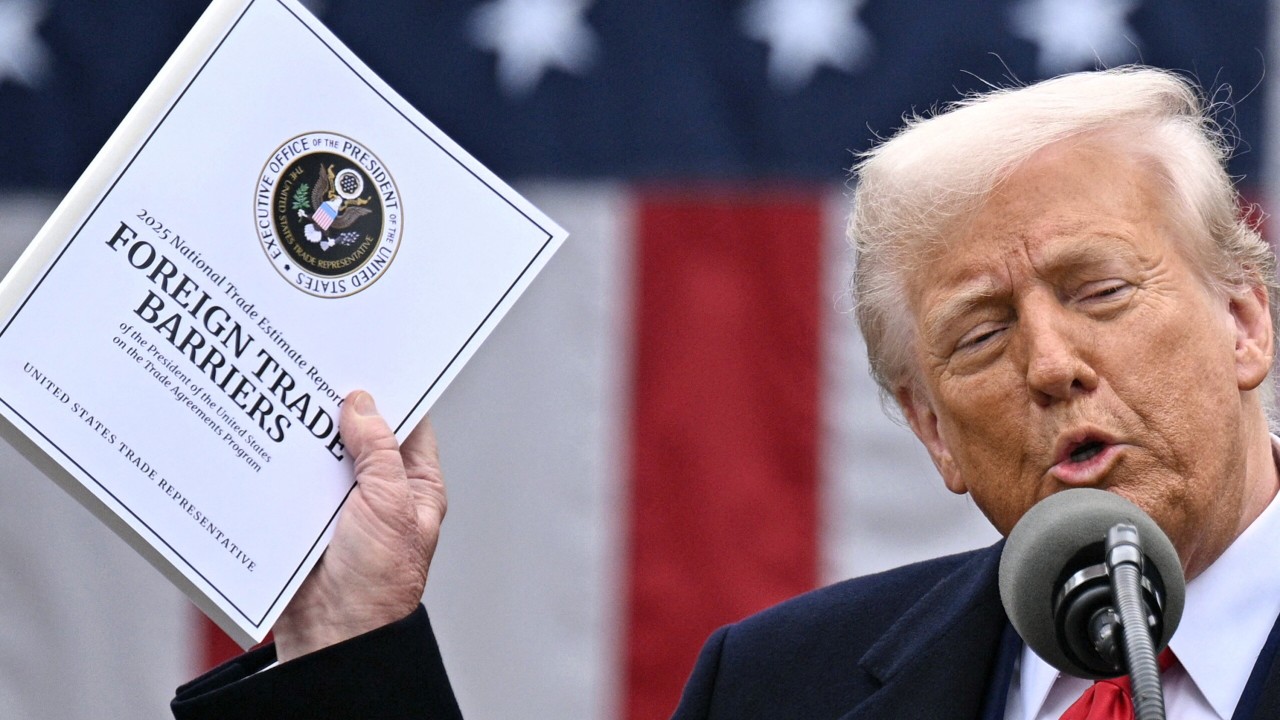Opinion | A critic’s case for Trump’s tariffs

I do not like the current US president. I voted against Donald Trump for the third time last November. His disregard for the rule of law, democracy, pluralism, America’s alliances, and everything else that has made my country strong, special and great makes him a bitter pill to swallow. I view him as a danger to not only the United States but the world.
But broken clocks are correct twice a day. I share his disenchantment with the international trade system; it is irreparable and needs to be rebuilt. Despite being of America’s making, the system does not suit the US. It no longer serves the interests of America nor the many Global South nations whose development strategies are constrained by World Trade Organization rules outlawing the very industrial policies once used by today’s wealthy countries.
Trade accounted for 59 per cent of the world’s economy in 2023, bringing benefits to many, yet not all. Many religious believers of free trade use outdated economic ideas, such as David Ricardo’s theory of comparative advantage, to explain how everyone benefits from trade and to justify their dogmatic disaffinity for any sort of trade intervention.
But we do not live in a world where countries focus on what they are good at producing and trade for things they are not. Countries do not export wholly to pay for imports; instead, they tinker with income distribution, transferring income away from those who consume most of theirs (average households) to those that save most of their income (elites, businesses, the state). This inflates savings relative to investment, and production relative to spending, forcing these economies into structural trade surpluses.
Yet what of the deficit countries? They absorb the excess production and savings of surplus countries. This lowers their domestic production, as local firms cannot compete with artificially cheap imports. Deficit countries then face two options: do nothing and accept higher unemployment, or respond and incur higher debt.










